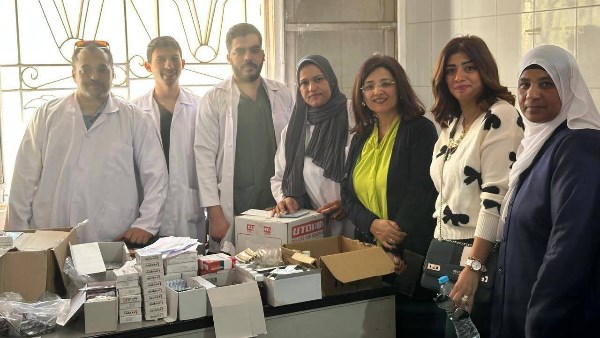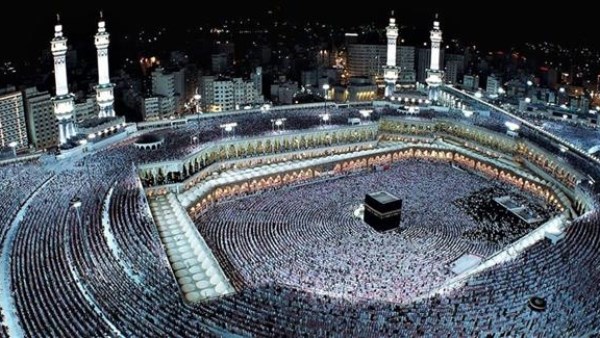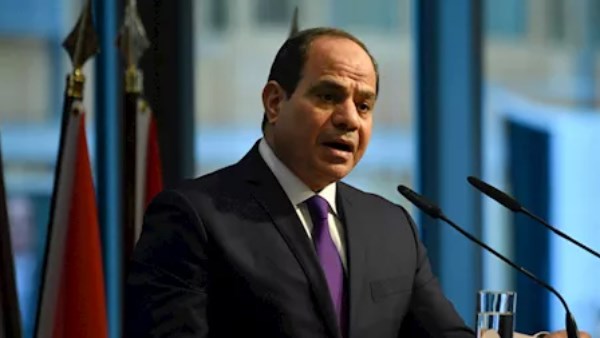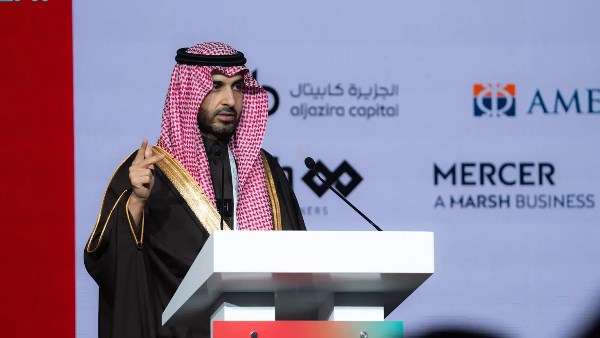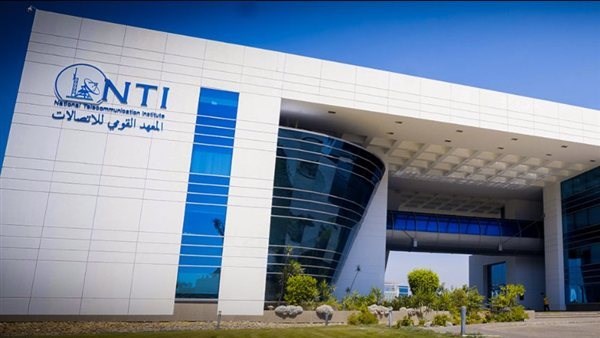
Hiking growth, international praise

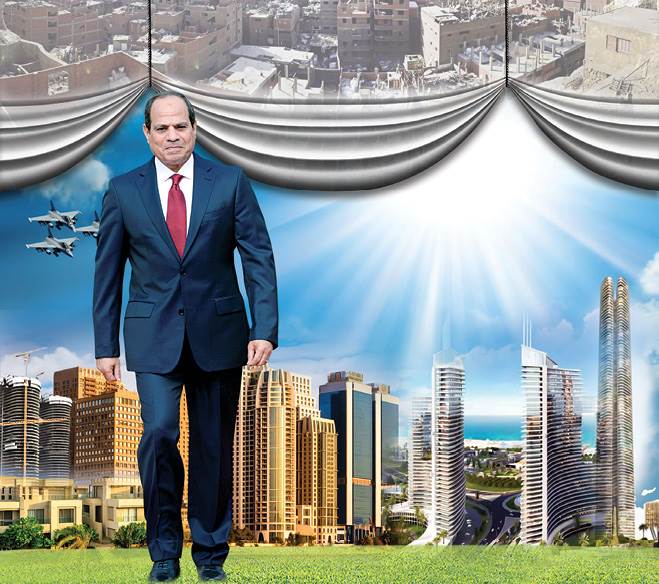
Economic growth under President Abdel-Fattah Al-Sisi has been lauded by international institutions, with an International Monetary Fund report forecasting the Egyptian economy will recover throughout the next four years and the gross domestic product (GDP) will increase to 5.8 percent by 2024/2025.
In the past seven years the housing and real estate development sector has witnessed unprecedented attention from the political leadership under President Al-Sisi who focused on this sector to provide a decent life for Egyptians.
The president ordered the construction of more than 700000 residential units, ranging from social to middle-class housing, in addition to several projects to improve utilities, water stations, and infrastructure to enhance the quality of life of citizens.
A unique scheme for EGP 1.5 trillion The state dedicated EGP 1.5 trillion for residential projects, some of which have already been implemented. Some 788820 housing units were built at a cost of EGP 142.96 billion, while 347340 residential units are being constructed for EGP 286.26 billion.
Moreover, the social housing project, which offers residential units at a low price, is a unique scheme to fulfill the needs of Egyptians with limited income. The Ministry of Housing, Utilities, and Urban Communities built 501000 social housing units at a cost of EGP 88billion, whereas 165000units are being constructed for EGP 48 billion.
The ministry is also building 77420 medium-class housing units worth EGP 23.35 billion. Some 39220 units are being constructed for EGP 12.23 billion, 7000 luxurious housing units are being implemented at a cost of EGP 4.56 billion, and 77700 units are being built for EGP 198 billion.
EGP 850 billion and 43 smart cities
Egypt’s political leadership focused on increasing the urban area and implementing smart and sustainable integrated cities to accommodate the present and future population and provide new opportunities for investment.
Twenty-one cities are being built at a cost of EGP 160 billion, and construction is starting in 22 cities for EGP 690 billion.
New capital: Solid launching pad for the new republic
One of the fourth generation cities is the New Administrative Capital, which is a solid launching pad for the new republic.
Many residential neighborhoods, the financial and business district, the government district, and other areas have already been implemented. The New Administrative Capital is located east of Cairo near the Suez Canal area, regional roads, and main axes.
New Alamein, a face-lift for the northwest coast New Alamein, one of the largest national projects, has attracted the attention of all the ministries and governmental institutions.
Since its inauguration by President Al-Sisi, New Alamein has seen wide-ranging construction operations and universities opened.
The city, in which residential units are already being delivered, is one of the steps to develop the northwest coast.
300 real estate developers in the new capital
Some 300 real estate developers are working on projects in the New Administrative Capital, in addition to contracting companies that take part in implementing development projects.
Successful public-private partnership
There are many successful models in the partnership between the government and the private sector in Egypt, such as the Benban Solar Energy Project, in which 13 private sector companies participate to establish and operate solar power plants, as well as the Bahr Al-Baqar wastewater treatment plant, which has won three Guinness World Records titles.
A magnet for local and foreign investments
The state has been working on raising economic growth rates and attracting more domestic and foreign investments in all sectors by promoting Egypt’s investment map, in addition to cementing the technological infrastructure, digital transformation, financial inclusion, and maximising the use of the state’s untapped assets.
Egypt has also been restructuring the public business sector companies while working to support the stability of public debt rates, which enabled the Egyptian economy to achieve balanced and sustainable growth and become the fastest growing economies in the region and a safe haven for investors, which earned it the confidence of international economic institutions.
Before the economic reform process, Egypt’s growth rate was low and unemployment rates were high. There were disparities in the balance of payments, an overvalued exchange rate, a shortage of foreign currency, a deficit in the state’s general budget, and a hike in public debt.
To counter these challenges, the state embarked on a two-pronged economic reform: financial and monetary; and structural.
Outstanding indicators
Economic growth in the fiscal year preceding Al-Sisi’s presidency stood at 2.9 percent. It rose to 3.3 percent in the past fiscal year despite the outbreak of the coronavirus pandemic.
The unemployment rate dropped from 13 percent in 2014 to seven percent in 2020, while public investments rose from EGP 110.5 billion in 2013/2014 to EGP 560.2 billion in 2020/2021. Inflation declined from 10.1 percent in 2013/2014 to reach 4.5 percent in the past fiscal year and the public revenues more than doubled under the presidency of Al-Sisi.
Decent Life: Transforming the countryside
Decent Life is the largest development initiative in the history of Egypt and the world in terms of the amount of funding and the number of beneficiaries. The project is meant to develop Egypt’s countryside, with its 4500 villages in which more than half of the population live, to benefit 60 million citizens.
The state seeks to transform these villages into sustainable rural communities that meet all development needs within three years at a total cost of about $52 billion.
The strategic objectives of the initiative are to improve living and invest in people through protection and social care, decent housing, and community awareness, in addition to improving infrastructure and urban services (sewage, drinking water, paving roads), raising the quality of human development services (education, healthcare, sports, and cultural services), as well as economic development and employment (loans for small businesses and vocational training).
The Decent Life initiative allocated investments amounting to EGP 20 billion over three years to enhance Internet services and develop the communications infrastructure in the targeted villages to deliver the Internet to 3.5 million homes.
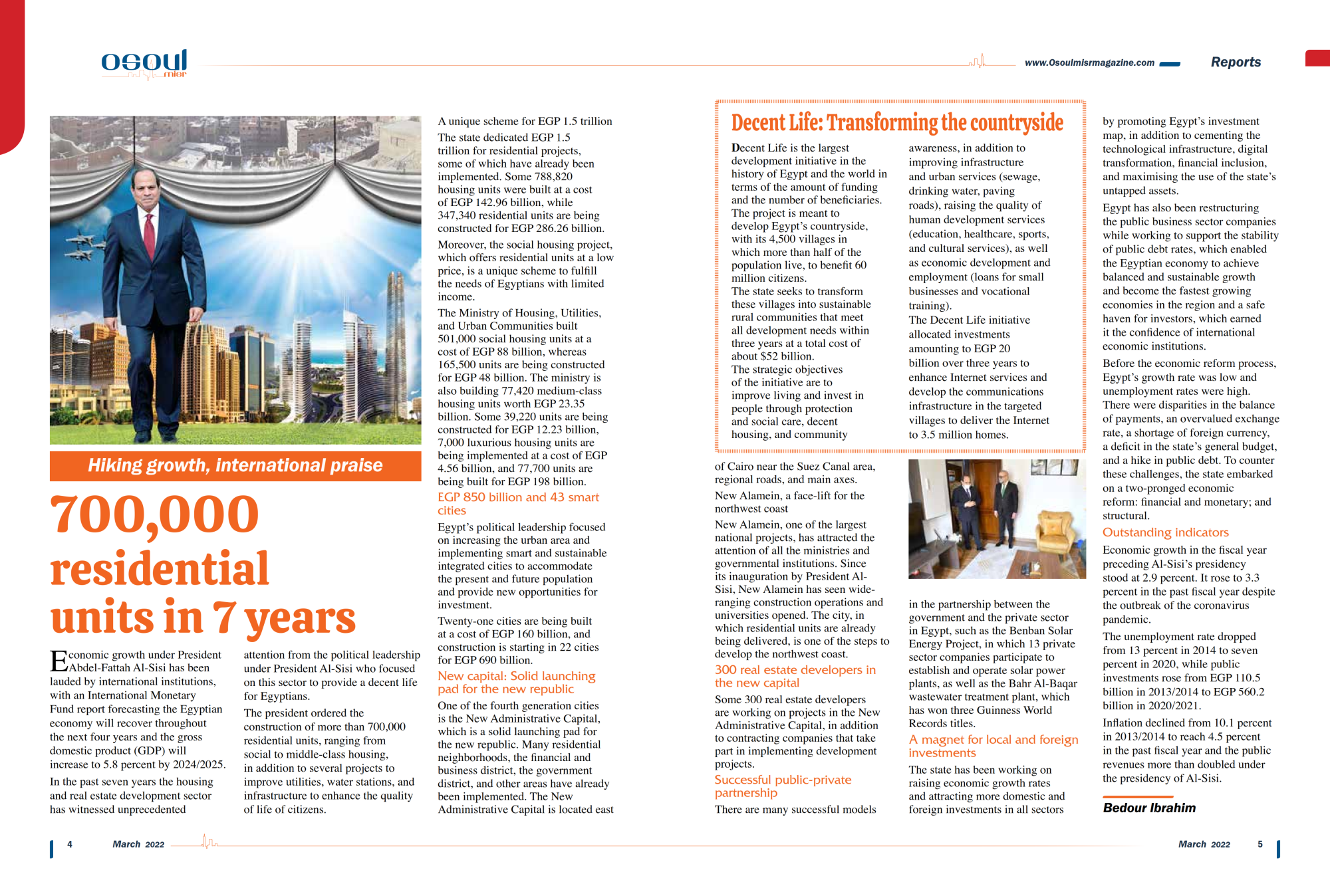


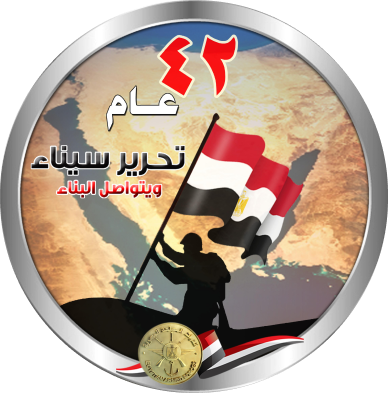


-1120252475029447.jpg)




